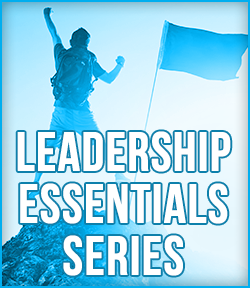My good friend Chris Guillebeau released his latest manifesto Tuesday, and I rescheduled my blog calendar for the week to tell you about it.
One thought in particular got me at my core.
The image above accompanied a story about a mobile game that consumed him for a week.
The discontent I felt after playing the game wasn’t only that it failed to deliver pleasure over time; I also came to see it as a threat. It sucked away my time and made me an addict. If I didn’t play the game in the morning, I felt as bad as if I had skipped my cup of coffee. Yet despite my devotion, the game treated me poorly, always taking my time and never giving anything besides more responsibilities.
Ouch.
How many games am I playing?
Literally and figuratively.
After making a note to re-evaluate some of my activities, I kept reading.
Riding along in the back of a taxi to another airport, I realized the possibility: what if the laws of a simple game could be applied in real life? What if we could create the same kind of motivation that drew me to open that game over and over—but instead of applying it to building imaginary banks, we learned to harness it for something useful?
That’s profound.
We can use the knowledge of our own preferences to lead ourselves to create something meaningful.
And the rest of the manifesto guides us on exactly how to do that. I can’t imagine anything more powerful.
You can download it here, for free, no forms or email opt in.








His manifesto is well-written and the design is beautiful. (I also absolutely loved his ‘279 Days To Overnight Success.’)
Yet…
I found myself disagreeing with him. I think dedicating life to creating a legacy is a futile endeavor. And his argument that we should feel a sense of urgency misses the point too.
Sure, it’s important to do great things, but it’s better be relaxed and mindful when doing them, not to feel urgency…
Interesting thoughts, Brian. Thanks very much for stopping by and continuing the conversation.
I think I’m naturally wired for urgency, so I enjoyed the tactical advice on how to apply it. And I can see where focusing on a legacy can be difficult until you discover exactly what your passion is.
You might also enjoy “The Flinch” from Julien Smith. It’s about a similar topic.